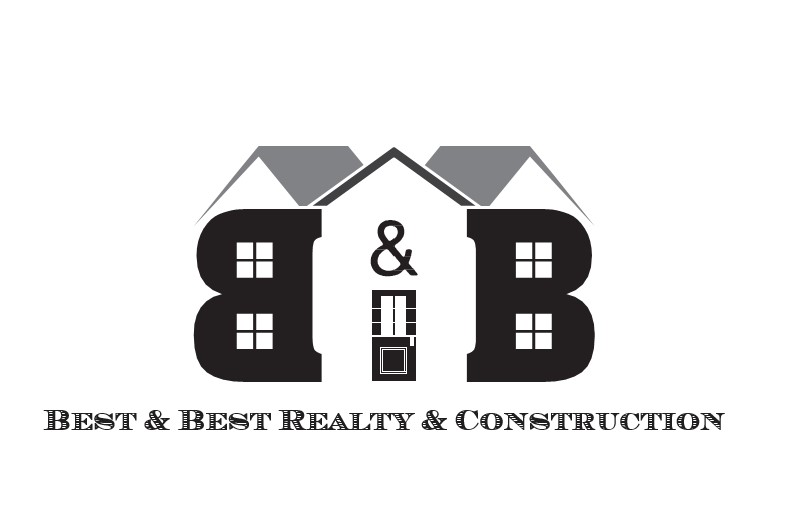Factors Leading to Unforeseen Denial of Your Insurance Claim

Roofing and construction companies frequently collaborate with insurance providers to secure rightful compensation for property owners in need of repairs or replacements. While this partnership generally progresses seamlessly, complications can surface when disagreements arise between policyholders and insurers. Their difference of opinion may mean many thousands of dollars. A particularly sticky issue, called “concurrent causation,” can lead to a claim denial. Some may not have heard of it. Seasoned commercial roofing contractors in Dallas may help property owners understand this. The following brief also sheds light on concurrent causation and how to deal with it.
What concurrent causation means
Concurrent causation signifies that the property damage is the result of more than one cause, e.g., a tornado or flooding. The insurance professionals use this term in legal representation. When a homeowner or business insurance policy covers one cause and not the other, it becomes particularly crucial. In such a case, the insurance company may deny the claim partially or fully. In some instances, it may only agree to pay for explicit damages covered and written in the policy.
While it appears straightforward, determining the extent of damage by a specific cause becomes complicated in real scenarios. This decisive process has been the basis of many lawsuits between insurers (who feel they’re merely adhering to the stated policy) and insurance holders(who think they’re getting unfair treatment).
A Typical Texas example
In the roofing business, commercial roofing contractors in Dallas often observe this scenario of concurrent causation. For example, presume that a big hail storm rolls through town and causes significant damage to the roof. A roofing installation service in Dallas, TX, checks the roof and suggests an entire replacement ($22,000). However, when the insurance holder files an insurance claim, the insurance company states they will only repay $4,000 – the amount needed to repair the hail-damaged areas. They convey that the roof was aged and ill-maintained, and therefore, the majority of the damage was due to standard “wear and tear,” which the insurance will not cover. Their decision leaves the insurance holder responsible for $18,000 in roof repairs.
So, who would be correct in this condition? It is pretty difficult to determine and attempt to dispute the insurance company’s decision. To challenge the decision will entail significant time and effort that may not amount to much. For this reason, concurrent causation becomes a source of friction between the policyholders and insurers.
Other disagreements in concurrent causation may arise regarding coverage of perils by standard insurance policies. For example, damage caused by hail or wind rain coincides with flooding or mold in the home, and the policy does not cover the last two causes, making causation challenging to determine.
What can policyholders do?
While property owners can’t completely protect themselves from destructive storms, they can take the following steps to prevent issues with concurrent causation.
1. Keep your home in the best possible condition with prompt repairs as needed. Good maintenance will help minimize storm damage and reduce the possibility of the insurance company stapling the responsibility on you.
2. Maintain documents concerning home improvements and take notes and images when damages occur. Also, keep receipts issued by the insurer or residential and commercial roofing contractors in Dallas for future reference. If a dispute arises with an insurer, policyholders can use these valid proofs and facts to strengthen the claim.
3. Go through the insurance policy, as insurance companies do not create similar insurance policies. Some contain more restrictive covenants for concurrent causation and what they will or won’t cover. Try to derive its meaning and compare it with other available policies.
4. Work with an experienced and reputable roofing installation service in Dallas, TX, with good exposure in dealing with insurance companies. They know what policyholders need in concurrent causation and furnish the evidence (assuming it exists) the insurers require to approve the claim.
5. If the above measures are insufficient, seek advice from an attorney. If property owners feel that their insurance company unjustly denies their claim, consulting specialized attorneys is the best option. However, if their fees seem high, policyholders should involve a public adjuster, as it will be cost-effective in the long run.
The Bottom Line
At Best and Best Realty & Construction, we not only offer roofing and construction solutions but also assist property owners in their documentation for insurance claims by providing correct estimates of repairs or replacement and opinion about the condition of property.
